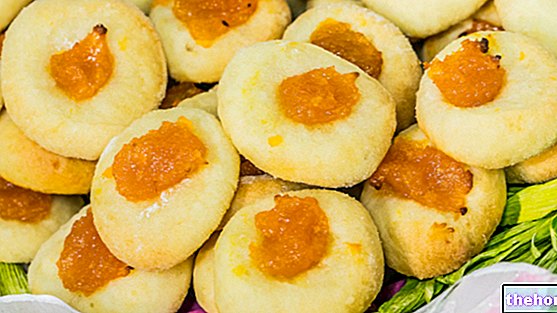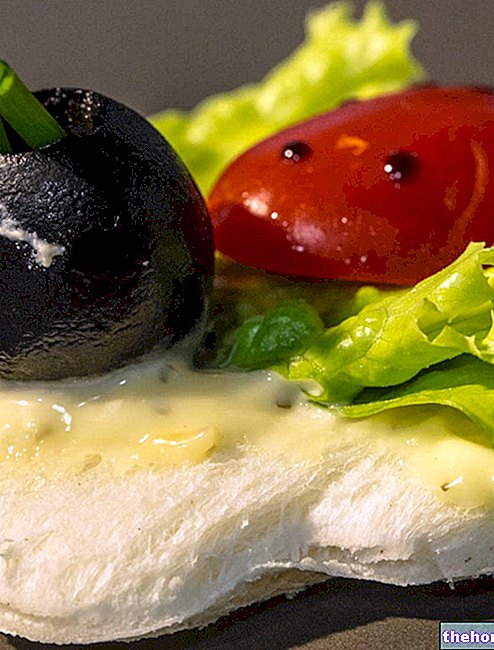Have you already decided on the liqueur to serve your guests on Christmas day? What you need is a homemade liqueur, which is tasty, golden and precious, just like this party! So I thought of vov: a very famous liqueur typical of Padua, which is usually consumed during the holidays. Just think that the term VOV also hides the Venetian origin of this liqueur: in the Paduan dialect, in fact, eggs are called “vovi; for this reason, the egg liqueur has been baptized Vov.
Video of the Recipe
Problems with playing the video? Reload the video from youtube.
Identity Card of the Recipe
- 222 KCal Calories per serving
-
Ingrediants
- 300 ml of pasteurized whole milk
- 1 vanilla pod
- 60 g (3 medium) of egg yolks
- 180 g of sugar
- 50 ml of 95 ° alcohol
- 50 ml of marsala
Materials Needed
- Electric whips
- Scale weighs food
- Colander
- Small saucepan
- Funnel
- Bottle
- Food thermometer
Preparation
- In a saucepan, combine the milk and vanilla essence: bring to a gentle boil. Allow to cool for a few minutes, until the milk reaches 82 ° C.
- Meanwhile, in a bowl, combine the egg yolks with the sugar and work them into a cream until the mixture is foamy and thick. Pour the milk at 82 ° C over the egg mixture, continuing to mix.
Did you know that
The temperature of the milk is important for pasteurizing eggs.
In this case, the sugar acts as an anticoagulant, therefore the eggs, in contact with the hot milk, are not cooked.- Once cold, add the pure alcohol and dry Marsala wine.
- Filter the liqueur and bottle.
- Store in a cool place (preferably in the fridge) and use within a month.
Alice's comment - PersonalCooker
And now the well-known VOV liqueur is ready! However, I advise you to wait at least a week before using it for your desserts: in this way, the flavor of the liqueur will be enhanced because all the ingredients will have blended well with each other.Nutritional values and Health Comment on the recipe
Vov is an alcoholic beverage that falls within the group of spirits.
It is a product completely not recommended for feeding growing subjects. It provides for the use of eggs, which is why it is not suitable for the vegan diet, but is allowed in the ovo vegetarian diet. It does not contain gluten but involves the addition of milk; therefore it is suitable for the diet for celiac disease but not for lactose intolerance.
Vov is a rather caloric drink, whose energy comes mainly from carbohydrates, followed by ethyl alcohol, then by lipids and finally by proteins. Carbohydrates are simple (sucrose), fatty acids tend to be unsaturated and peptides with a high biological value ; the intake of fiber is absent, while cholesterol is rather high.
VOV is not suitable for diet against overweight and clinical nutrition for metabolic diseases, in particular hypertriglyceridemia, hyperglycemia, hypercholesterolemia and hypertension.
The average portion of vov is around 30-50ml (65-110kcal). The intake of ethyl alcohol is 7.4g per 100g of food.

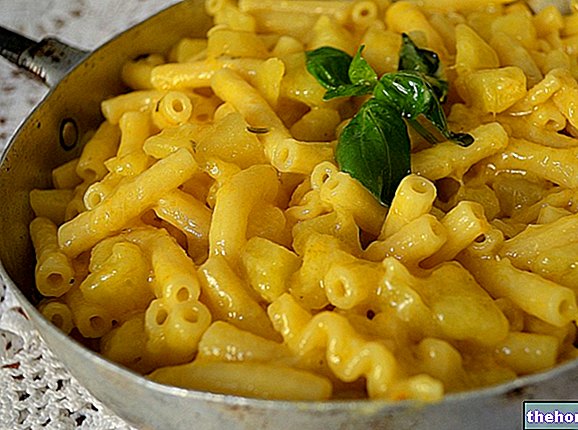
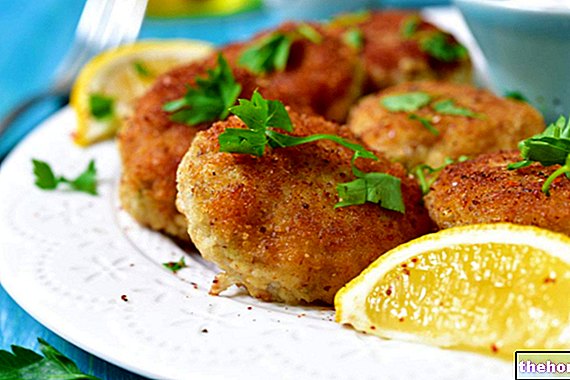
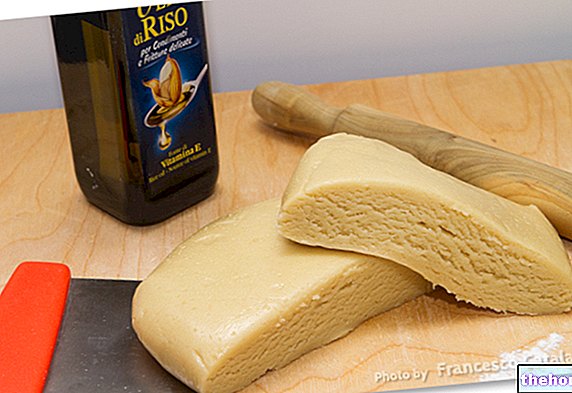
-ricotta-facile-e-veloce.jpg)
